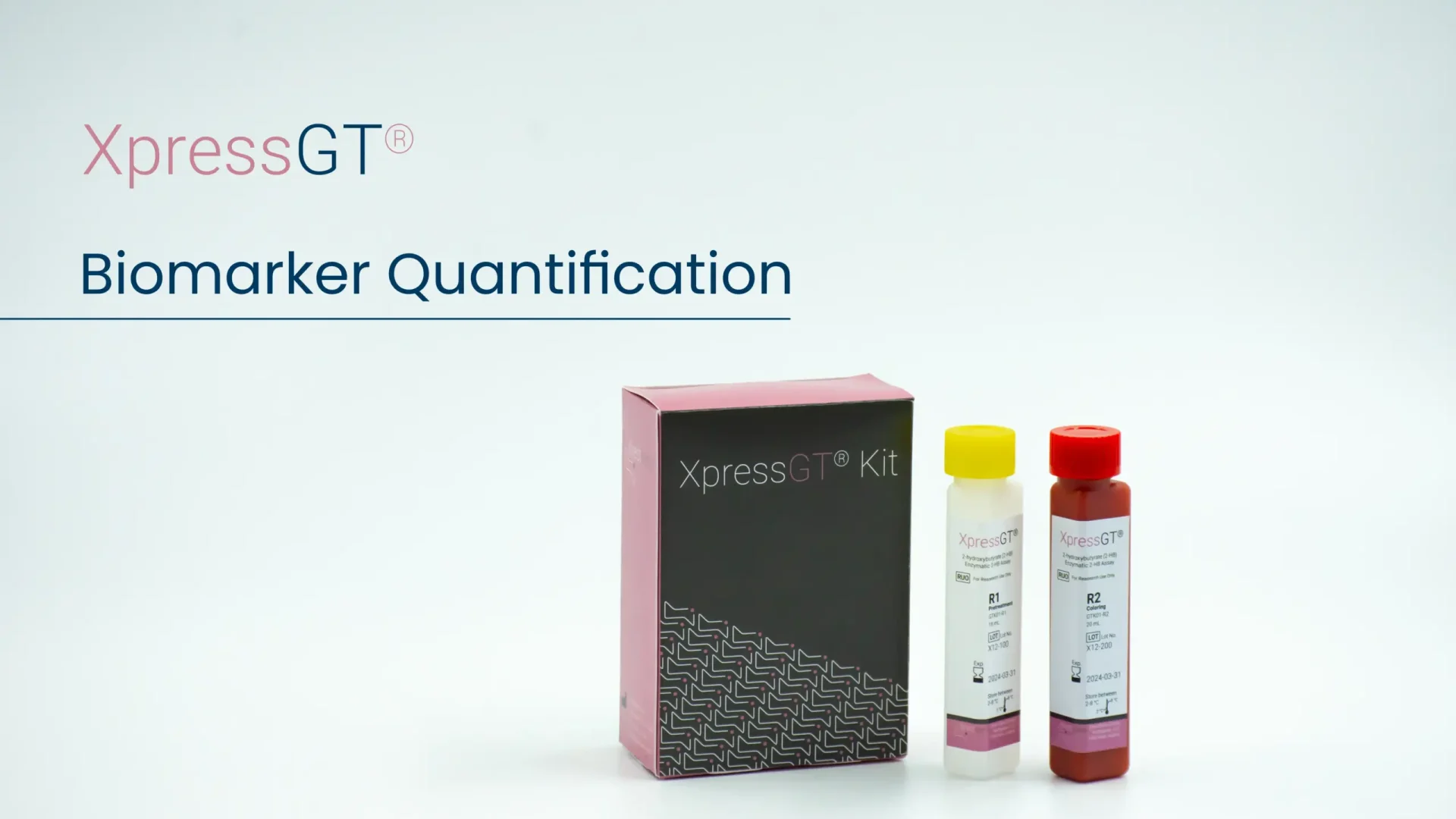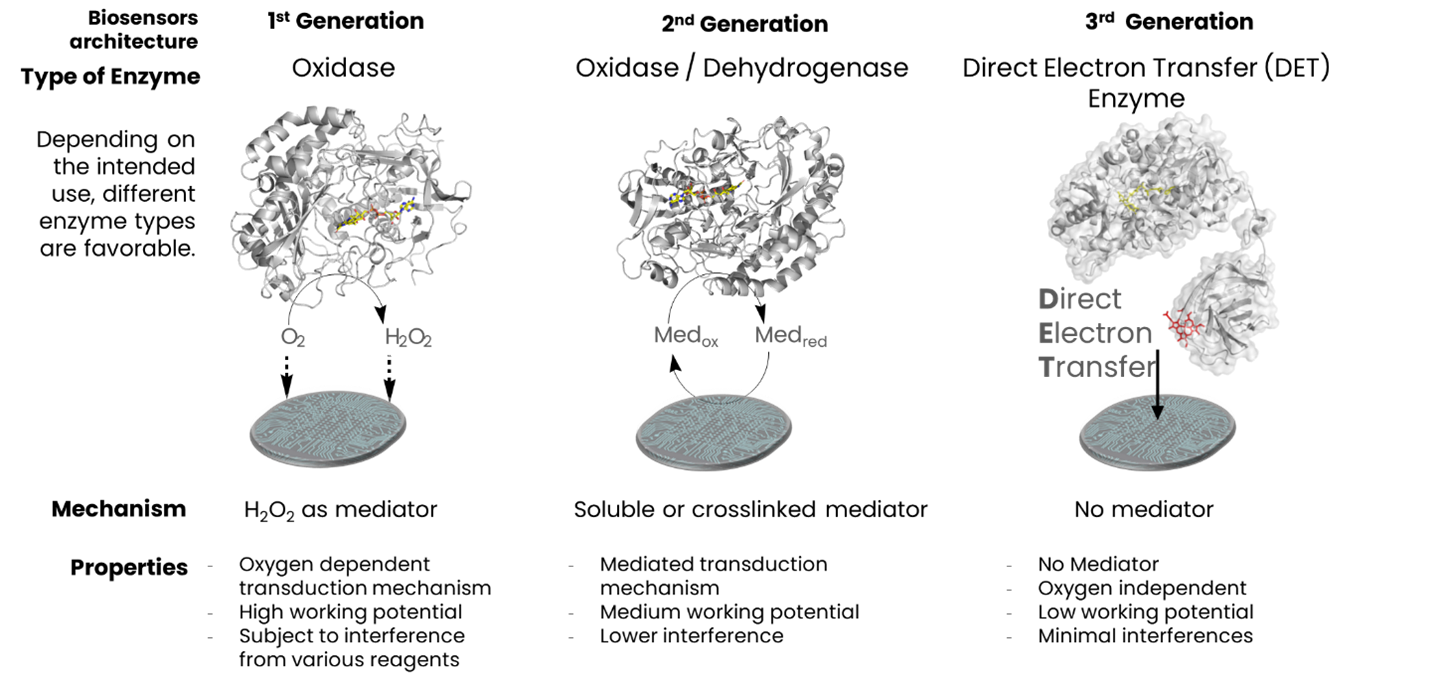DirectSens Launches Its New XpressGT RUO KIT for Insulin-Related Indications, Including Gestational Diabetes, Liver Disease, and Endometriosis
DirectSens, an Austrian company which successfully distributes lactose and glucose sensors to various players in the milk industries, has turned its attention towards human health. It has now launched XpressGT as a research-only use tool for the detection of insulin resistance-related conditions such as gestational diabetes, endometriosis, and liver disease.
Klosterneuburg, Austria, August 19th, 2024 – Cutting edge biosensor developer, DirectSens, has today announced the launch of its XpressGT RUO kit for the diagnosis of Gestational Diabetes, Endometriosis, Insulin Resistance and Liver Disease. Able to run on any readily available clinical analyzer, XpressGT outputs results in just 8 minutes.
XpressGT provides accurate measurement of levels of 2-hydroxybutyrate (2-HB) found in venous blood. 2-HB is synthesized in the liver naturally as a byproduct of its healthy functions; however elevated levels are linked to increases in reductive stress and, therefore, a variety of endocrine system and obesity-related disorders, including insulin resistance.
Combined, these disorders impact huge numbers of patients worldwide. Roughly 10% of women suffer from gestational diabetes (GDM) during their pregnancy, and it can lead to preeclampsia, a condition which can endanger the life of both mother and fetus. The oral glucose tolerance test, which is the current “gold standard” diagnostic, used in 80% of women living in developed countries, only provides definitive results after 24 weeks, a point at which GDM may have already had serious impacts. XpressGT could provide these results sooner, allowing for medication to be prescribed, or lifestyle changes to be made, earlier.
Endometriosis is, by proportion, similarly prevalent. It impacts between 8% and 13% of all women and can only be diagnosed through a laparoscopic procedure. Current treatments for the incredibly painful condition are also inadequate. DirectSens believes that early, more readily accessible diagnosis of endometriosis may help women self-advocate more effectively when demanding newer, better therapies.
Liver disease, due to the associated patient volumes, is also a huge strain on health care systems. Current guidelines recommend that all type II diabetic patients are regularly screened for liver disease due to their elevated risk of developing non-alcoholic steatohepatitis (NASH), a condition that can, eventually, lead to liver failure.
Between the US and the EU, there are over 110 million type II diabetic patients and while GLP-1 inhibitors are showing some promise in their ability to prevent patients from developing NASH, reimbursement in this area remains weak due to a lack of effective, early diagnostics. DirectSens believes XpressGT could play a crucial role in fixing this breakdown in access.
Speaking on the launch, DirectSens’ Innovation Manager, and head of its human biomarker project, David Stadler said: “The whole team at DirectSens are incredibly excited with the launch of XpressGT. We believe that 2-hydroxybutyrate is an all-too-often overlooked biomarker with huge significance in several critical conditions and that testing for it could unlock new treatment modalities.”
To learn more about XpressGT and its possible indications, click here. (https://https://www.xpressgt.com/)
About DirectSens
Founded in 2013 as a spin-off from the University of Natural Resources and Life Sciences, Vienna (or BOKU, for short), DirectSens manufacturers and distributes a range of third-generation biosensors that do not require mediators by using enzymes capable of direct electrode transfer (DET).
DirectSens operates across various divisions, including quality management, electrochemistry, enzyme engineering, and manufacturing. This holistic approach ensures excellence throughout biosensor development—from research to manufacturing and customer support.
The company has recently turned its attention towards human health, launching XpressGT, a platform capable of accurately measuring 2-hydroxybutyrate, an organic substance with links to several endocrine system related diseases.



